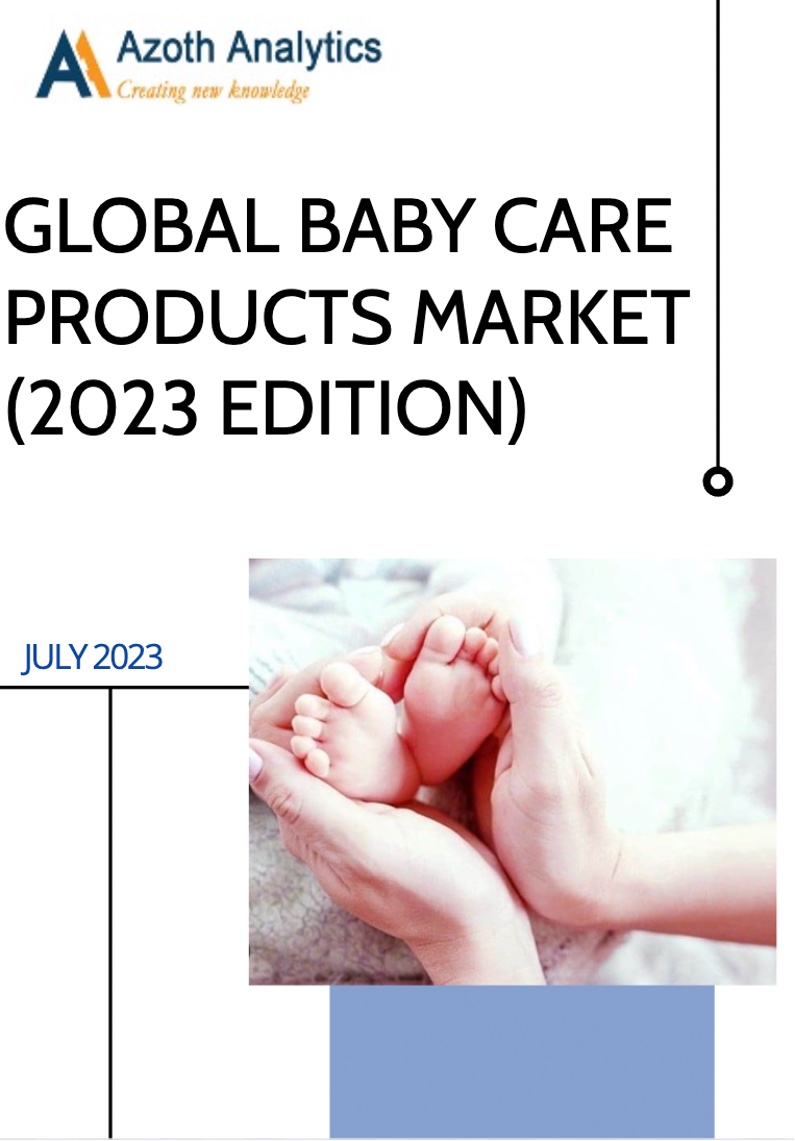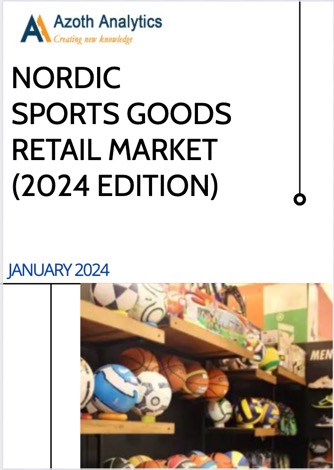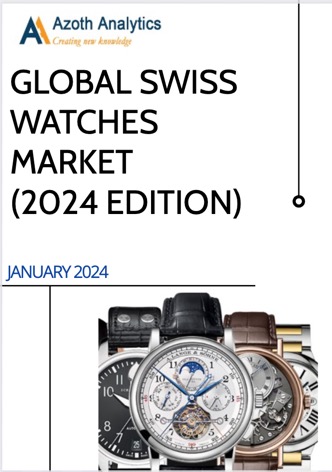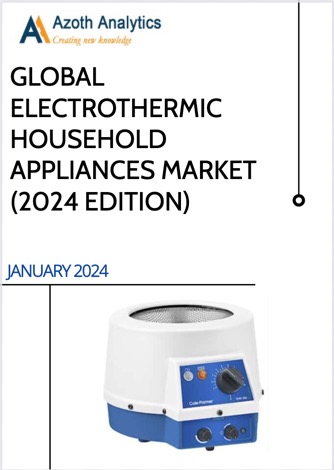What is Baby Care Products Market?
The baby care products market refers to the industry segment that encompasses various products designed for the care and well-being of infants in the age group of 0-1 years. The baby care products market caters to the needs of parents, caregivers, and families who seek safe, reliable, and convenient products to ensure the well-being and comfort of their babies.
Baby Care Products Market Overview
The Baby Care Products market witnessed a growth at a CAGR of 5.05 % during 2019-2022. The market was valued at USD 129.35 Billion in 2022 which is expected to reach USD 206.68 Billion in 2029. Increasing awareness among parents about the importance of child health and hygiene has fuelled the demand for baby care products.
The Global Baby Care Products Market is expected to grow in the forecast period and register a market value of USD 206.68 Billion in 2029 at a CAGR of 7.02% during the forecast period. Baby Care Products market is propelled by rising infant population, increasing female participation in workforce and changing consumer preference towards organic baby care products.
The UN estimates that around 385,000 babies are born each day around the world, approximately 140 million a year. The global baby care products market is a rapidly growing industry that encompasses a wide range of products designed for the care and well-being of infants under age group of 0-1 years. These products include diapers, wipes, baby food, feeding bottles, skincare products, haircare products, and more. Another important factor driving baby care products is rising female labor force participation rate. As per World Bank, approximately 50% of women are employed worldwide in year 2021, and the numbers are rising sharply. Working women often have busy schedules, balancing their professional responsibilities with childcare. Baby care products provide convenience and time-saving solutions that help streamline their daily routines.
Changing consumer preference towards organic baby care products
Parents today are increasingly concerned about the potential health risks associated with conventional baby care products. They are becoming more conscious of the chemicals, additives, and artificial ingredients present in these products. Organic baby care products, on the other hand, are perceived as safer and healthier alternatives, as they are free from synthetic chemicals, pesticides, and GMOs (genetically modified organisms).
Adulteration in baby food
Adulterated food products pose significant safety risks, especially for infants who are more vulnerable to adverse health effects. Parents are highly concerned about the quality and safety of the food they feed their babies. Instances of food adulteration can erode trust and confidence in the overall food industry, including baby food products.
Segment-Wise Insights
Hygiene care accounts for USD 49.39 Billion in 2022
There is a growing awareness among parents about the importance of maintaining good hygiene practices for their babies. They recognize that using diapers and wipes helps keep their babies clean, fresh, and protected. The demand for biodegradable baby diapers is on the rise as parents seek more sustainable and eco-friendly alternatives to traditional disposable diapers.
Supermarkets/Hypermarkets contribute the maximum share in Baby Care Products Market
Supermarkets and hypermarkets offer a one-stop shopping experience for parents and caregivers. They provide a wide range of baby care products, including diapers, wipes, baby food, skincare items, all in a single location. This convenience saves time and effort for busy parents who can find everything they need in one place.
Regional Insights
Economic growth and increasing disposable incomes in countries such as China, India, and Southeast Asian nations have contributed to the growing demand for baby skincare products. To cater to the busy lifestyles of parents, companies are introducing multi-functional baby care products that serve multiple purposes. For instance, baby products that combine skincare and sun protection, or feeding bottles with built-in formula dispensers, offer convenience and practicality for on-the-go parents.
Competitive Landscape
The Global Baby Care Products Market is highly competitive, with Leading 5 companies in the market are Procter & Gamble, Kimberly Clark, Johnson & Johnson, Nestle S.A., and Reckitt. Nestle has a strong global presence and held approximately 20% of the global market share in baby food segment.
Procter & Gamble, Kimberly Clark, Johnson & Johnson, Nestle S.A., Reckitt, Himalaya, Danone, Pigeon, Artsana, and Newell Brands are the leading companies in the Global Baby Care Products Market.
Leading Companies in the Global Baby Care Products Market include:
Procter & Gamble
Kimberly Clark
Johnson & Johnson
Nestle S.A.
Reckitt
Himalaya
Danone
Pigeon
Artsana
Newell Brands
Recent Developments in the Baby Care Products Market
- For the expansion of diapers manufacturing lines in Philippines, P&G invested approximately USD 1500 Million in Cabuyao, Laguna in March, 2023.
- Danone acquired Domex Baby Food Co. Ltd. For the manufacturing of infant milk formula products in May, 2022.
Segmentations in the Report
By Product Type
- Skincare Products
- Haircare Products
- Hygiene Care Products
- Baby Food Products
- Other Products
By Nature
By Age Group
- 0-4 Months
- 5-8 Months
- 9-12 Months
By Distribution Channel
- Supermarkets/Hypermarkets
- Convenience Stores
- Specialty Stores
- Pharmacy
- Online channel
By Region
- Americas
- Europe
- Asia-pacific
- Middle-East & Africa
Frequently Asked Questions
What is the expected market value of Baby Care Products Market in 2029?
Global Baby Care Product Market is expected to be valued at USD 206.68 Billion in 2029.
At what growth rate is Baby Care Products Market expected to grow in the forecast period?
During 2024-2029, Baby Care Product Market is expected to grow at CAGR of 7.02%
Which Region dominates the Baby Care Products Market?
Asia Pacific contributes the largest revenue share in the Baby Care Product Market.
Which are the leading companies in the Baby Care Products Market?
The leading companies in Baby Care Products Market are Procter & Gamble, Kimberly Clark, Johnson & Johnson, Nestle S.A., Reckitt, Himalaya, Danone, Pigeon, Artsana, and Newell Brands.
At what rate will China Baby Care Products Market Grow?
During 2024-2029, China Baby Care Product Market is expected to grow at a CAGR of 8.11%.

.jpg)

.jpg)
.jpg)
.jpg)



.jpg)